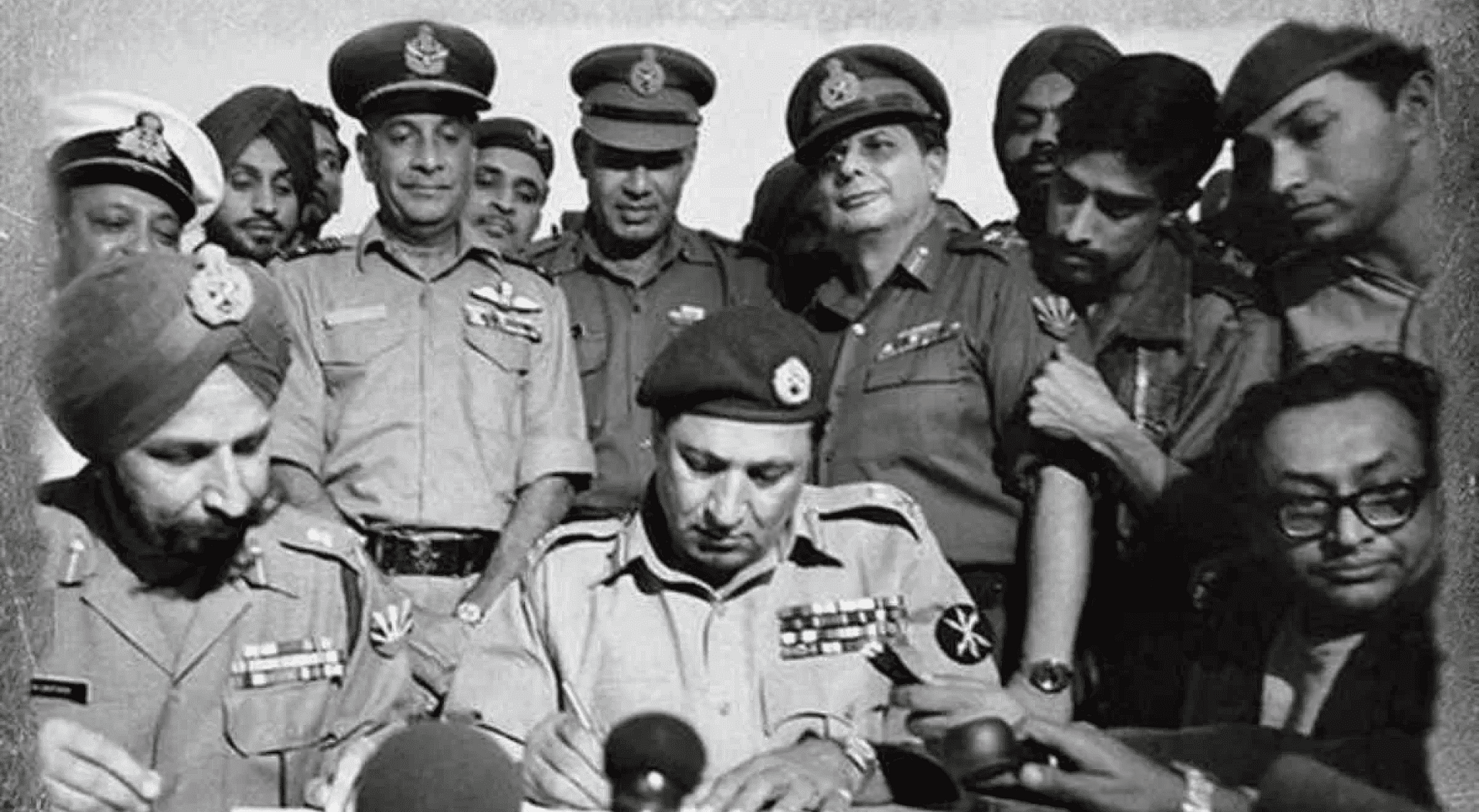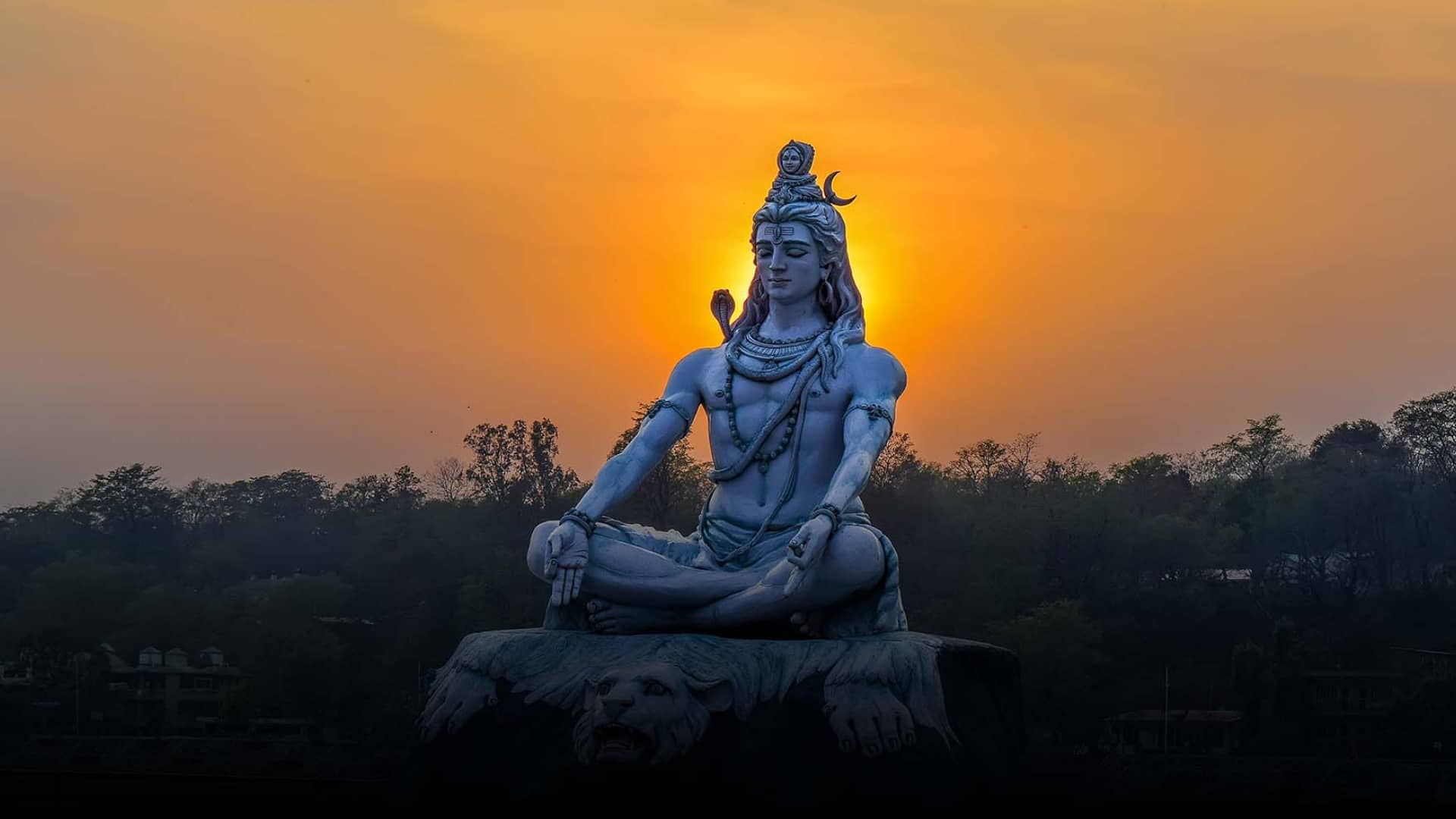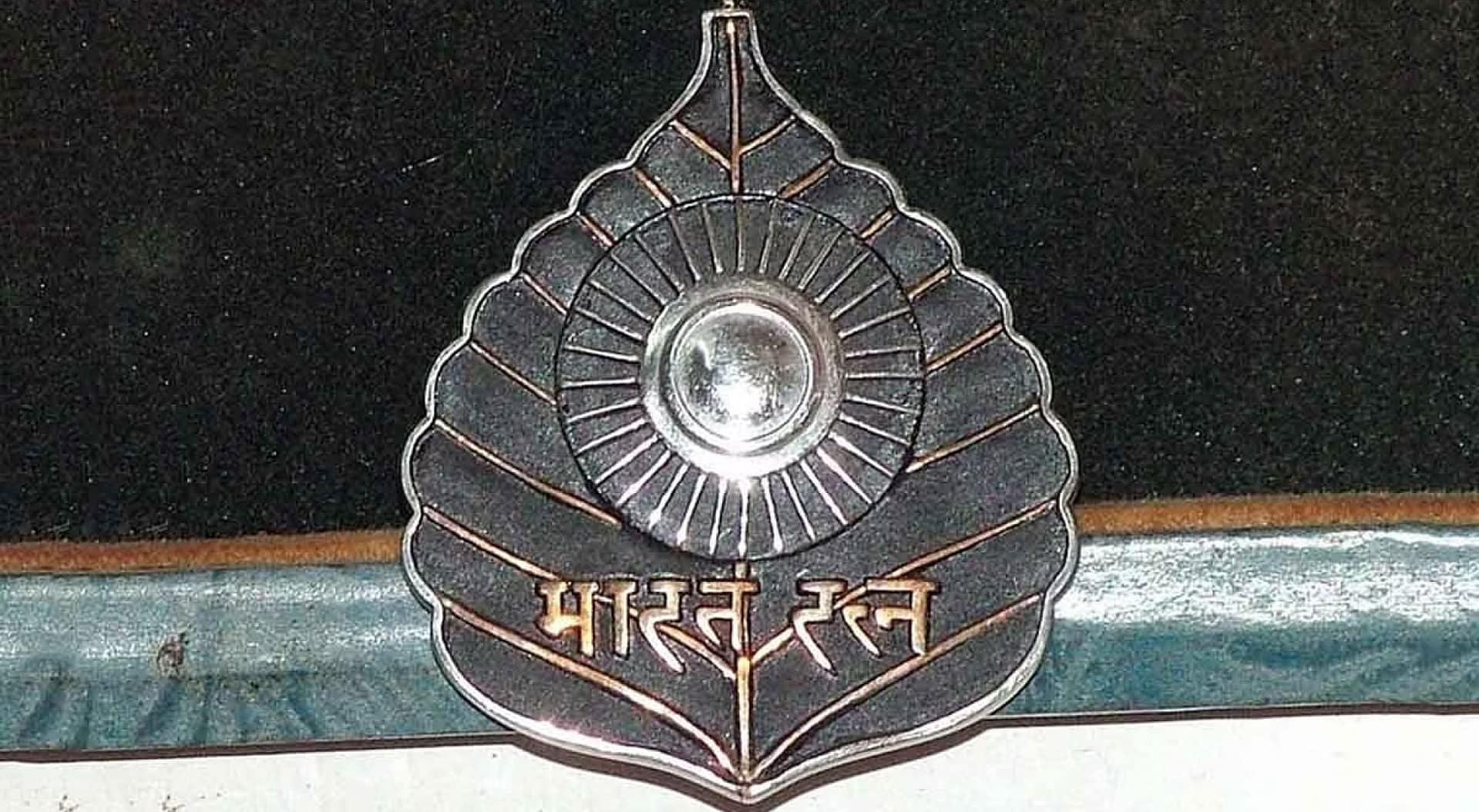Fifty-two years ago, on December 16, 1971, the Indian Army won a major victory over the Pakistan Army. The war lasted for 13 days and ended on that day with the surrender of nearly 93,000 Pakistani forces.
It was the Indian front that changed the map of South Asia and led to the liberation of a new country, Bangladesh, which was formerly known as East Pakistan. On this day, which is known as Vijay Diwas, India pays tribute to the brave soldiers who sacrificed their lives during the war.
History of Vijay Diwas
After the independence of India in 1947, Pakistan was divided into two parts – East Pakistan and West Pakistan. Discrimination against Bengalis in the east, including disregard for their Bengali language, led to many tensions, which were also fueled by economic differences and power imbalances.
In 1970, the Awami League, led by Sheikh Mujibur Rahman, won the elections. The Pakistan People’s Party, unwilling to relinquish power, led to rising tensions. In mid-1971, Bangladesh, formerly East Pakistan, declared independence from Pakistan, sparking violence and forcing many refugees into India.
On March 26, 1971, East Pakistan officially declared independence, and Indian Prime Minister Indira Gandhi supported their struggle for independence.
The war developed as a response to atrocities in East Pakistan. In December 1971, India launched Operation Trident, a surprise attack by the Indian Navy’s Western Naval Command on the port of Karachi. At the same time, the Mukti Bahini guerrillas allied with the Indian Army against the Pakistani troops.
A major turning point came on 14 December when the Indian Air Force focused on an encounter in East Pakistan. This move shook Pakistan and started the process of surrender by the Pakistan Army on 16 December 1971. This marked the end of the conflict and Bangladesh emerged as an independent nation. Bangladeshis also celebrate this day and it is known as ‘Bijoy Dibos’.
How is Vijay Diwas celebrated?
On December 16, Vijay Diwas is observed in India. Deeply rooted in reverence and remembrance, the people of India observe this day in various ways.
The day begins with the raising of the national flag at half-mast, a somber recognition of the sacrifices made by the brave soldiers. As the tricolor flutters in the wind, the country will observe a two-minute silence, a moment of reflection to honor the courage and commitment of those who gave their lives for the greater good.
Veterans are celebrated in various ceremonies held across the country, and their presence is a living testament to the resilience and sacrifice that defined the spirit of 1971. These events serve not only as a token of gratitude, but also as an opportunity for the nation to express its collective appreciation for the sacrifices of the armed forces.
The centerpiece of the Vijay Diwas celebrations is the iconic Flame of Victory ceremony. The flame lit at the National War Memorial in Delhi symbolizes the undying spirit of the Indian Armed Forces. Carried by a baton of uniformed personnel, the flame travels through different regions of the country, lighting the way with a message of unity and determination. The journey will culminate in a grand ceremony in the capital where the flame will ceremoniously join the eternal flame at the Amar Jawan Jyoti.
Meaning of Vijay Diwas:
Celebrated on December 16, Vijay Diwas is a significant milestone in the history of the Indian subcontinent, symbolizing not only military victory but also the triumph of justice, unity and humanitarian values. The profound importance of this day resonates through several key aspects that have left a lasting impact on the collective consciousness.
Triumph of Justice: Vijay Diwas is inextricably linked with the call for justice and human rights during the Bangladesh Liberation War. The conflict arose out of the mistreatment of East Pakistan by West Pakistan and the intervention of the Indian armed forces was a decisive response to correct these injustices. This day represents the triumph of justice over oppression, where the courage and commitment of the armed forces became a beacon of hope for those who yearn for freedom.
National Unity: The Indo-Pakistani War of 1971, which culminated in Vijay Diwas, showed the power of national unity. The armed forces, despite facing formidable challenges, operated with a common purpose and the support of the people further strengthened their resolve. The victory was not just military; it was a testament to the strength of a united nation that stands resolutely against injustice.
Humanitarian impact: The creation of Bangladesh proved to be a beacon of hope and a new beginning for millions of people who had suffered under an oppressive government. The conflict displaced countless individuals, and the emergence of a new nation offered the promise of freedom and a chance to rebuild shattered lives.
Conclusion:
Celebrated on December 16, Vijay Diwas is a testament to the unwavering spirit of justice, unity and humanitarian values that define the history of the Indian subcontinent. The commemoration of this day is a reminder of the sacrifices made by brave soldiers who fought not only for territorial gains, but above all for the principles of justice and human rights.
The historical context leading to the Indo-Pakistani War of 1971 reflects the deep-rooted injustices and differences that fueled the quest for independence in Bangladesh. Fueled by the deployment of Indian armed forces and the Mukti Bahini, the conflict culminated in the surrender of Pakistani forces in Dhaka. Celebrated as Vijay Diwas in India and “Bijoy Dibos” in Bangladesh, this victory ushered in a new era of freedom and hope for millions of people who had endured oppression.




